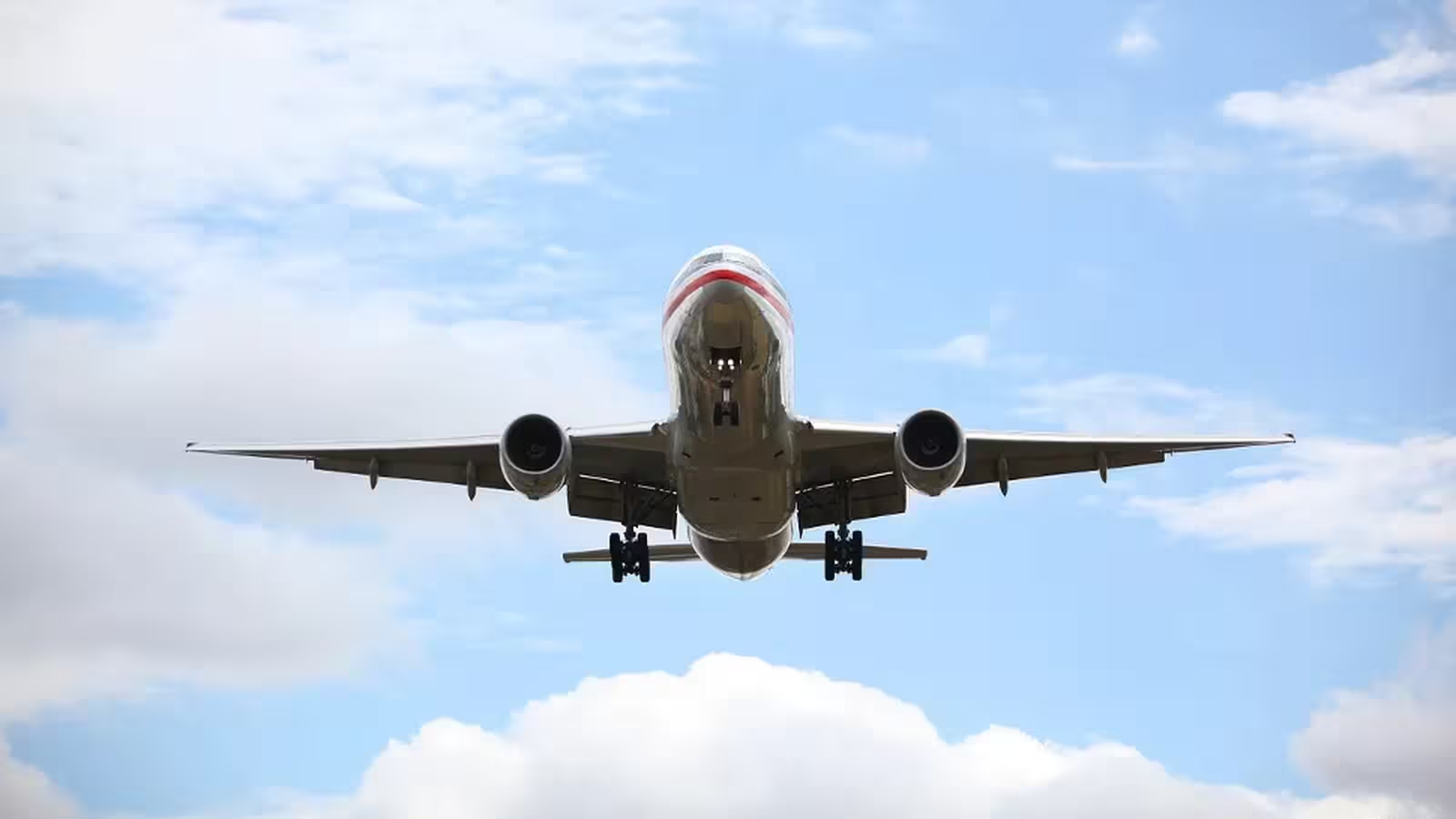2 Minutes
Qantas Hit by Major Cybersecurity Incident
Australia's flagship airline, Qantas Airways, has reported a significant data breach compromising the personal records of up to 6 million customers. The airline detected unauthorized access after threat actors targeted a call center and infiltrated a third-party customer service platform. While the name of the affected platform was not revealed, it is known to store extensive service records for millions of Qantas passengers.
What Data Was Compromised?
Initial investigations by Qantas indicate that attackers accessed data such as names, email addresses, phone numbers, birth dates, and frequent flyer numbers. Importantly, highly sensitive personal and financial information—including credit card numbers, banking details, and passport information—remain secure, as these were not maintained within the affected system. Qantas has also confirmed that passwords, PIN numbers, and frequent flyer account credentials have not been exposed, ensuring customer accounts remain protected against unauthorized access.
Incident Response and Containment
Upon discovering the breach, Qantas moved swiftly to contain the incident and secure its IT infrastructure. The company promptly notified relevant government authorities and directly informed those affected by the attack. Flight operations and passenger safety were not compromised at any stage, underscoring robust crisis management protocols.
Similarities to Other Recent Airline Cyberattacks
This breach bears striking resemblance to recent cyberattacks on other global airlines, including Hawaiian Airlines, WestJet, and GlobalX, many of which have been linked to the notorious hacking group ‘Scattered Spider.’ Although responsibility for the Qantas attack has not been officially claimed, the methodology aligns with attacks attributed to this group, highlighting an urgent need for stronger airline cybersecurity measures worldwide.
Industry Implications and Market Relevance
The recent spike in airline data breaches signals rising challenges in protecting sensitive user data within the aviation sector. Cybersecurity experts emphasize that airlines must prioritize advanced network security tools, multi-factor authentication, and continuous monitoring to defend customer records against sophisticated threats. For passengers, this breach serves as a reminder to remain vigilant regarding potential phishing or scam attempts arising from exposed contact details.
Comparative Advantage and Strategic Response
Compared to previous incidents in the industry, Qantas' transparent communication and rapid incident containment demonstrate best practices in incident response and customer assurance. As airlines increasingly adopt digital transformation, the market’s focus on secure, resilient IT infrastructure is more vital than ever for safeguarding both business continuity and customer trust.
Source: techradar



Comments